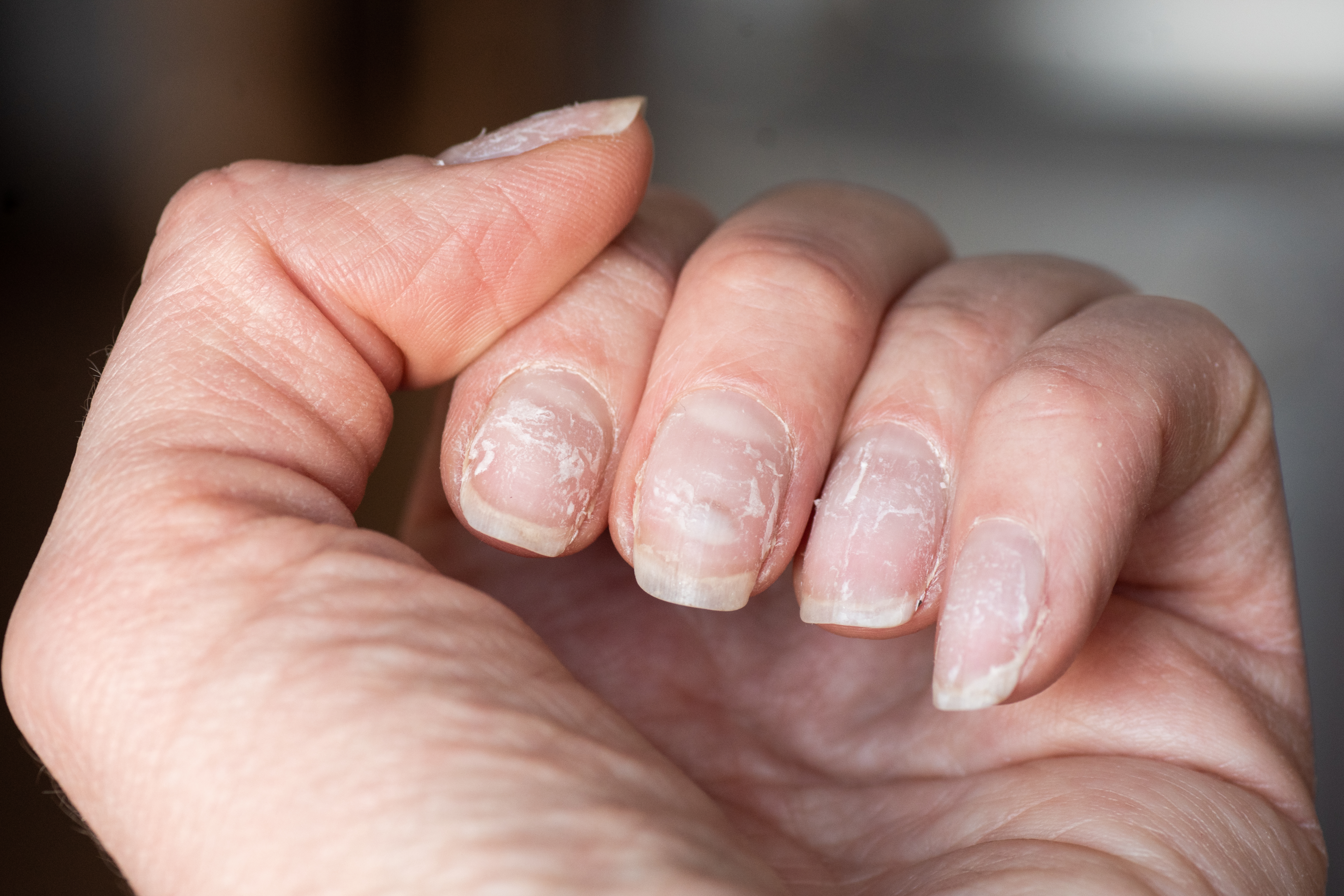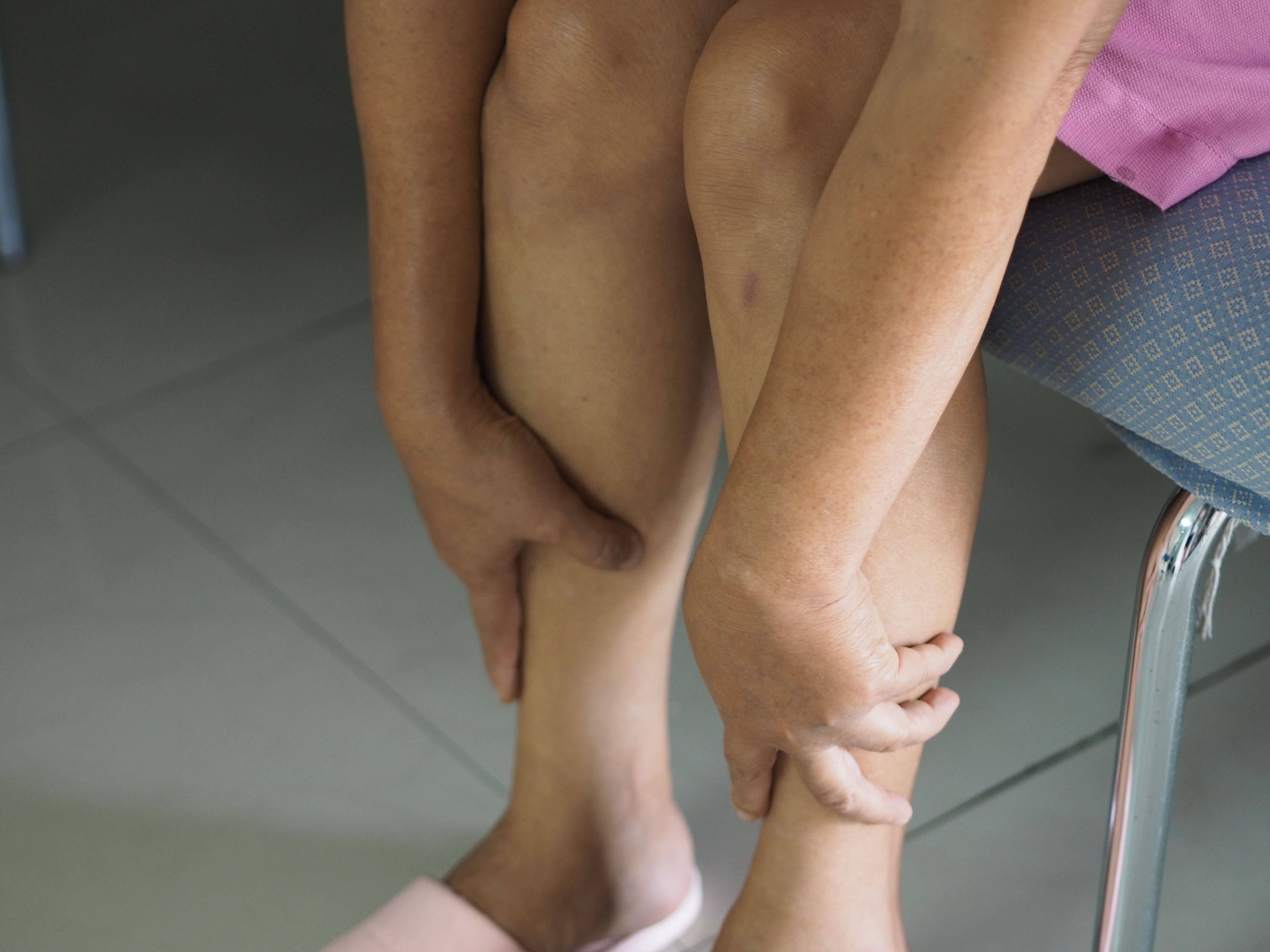13 Subtle Signs of Iron Deficiency You Might Be Ignoring
Iron is a fundamental mineral that plays a crucial role in various bodily functions, most notably in the production of hemoglobin, the protein in red blood cells that carries oxygen throughout the body. Without adequate iron, your body cannot produce enough healthy red blood cells, leading to iron deficiency anemia. This condition can have far-reaching effects on your overall health and wellbeing. Understanding the signs of low iron levels is essential for maintaining optimal health. This article will explore 13 distinct clues your body might give when iron is running low, helping you identify and address potential deficiencies before they become serious health concerns.
1. Fatigue and Unusual Tiredness

One of the most common and often overlooked symptoms of low iron levels is fatigue. This type of fatigue isn't simply feeling tired after a long day; it's a persistent and overwhelming sense of exhaustion that doesn't improve with rest. This happens because iron is essential for producing hemoglobin, which transports oxygen to your tissues and muscles. Without adequate oxygen, your body struggles to generate energy, leaving you feeling drained. It's important to recognize that this fatigue can affect both physical and mental performance, making daily tasks more challenging and reducing overall productivity. If you find yourself constantly tired despite adequate rest, it could be a sign that your iron levels need attention.
2. Shortness of Breath

When iron levels are low, your body's ability to transport oxygen efficiently is compromised. This can lead to shortness of breath, especially during physical activities that wouldn't normally leave you winded. Even simple tasks like climbing stairs or walking short distances can become challenging. This happens because your body is trying to compensate for the lack of oxygen by increasing your breathing rate. If you notice that you're becoming breathless more easily than usual, it might be time to evaluate your iron intake. Addressing iron deficiency can help restore your energy levels and improve your overall quality of life.
3. Pale Skin and Pallor

Pale skin, particularly in areas like the face, inner eyelids, and nails, can be a telltale sign of iron deficiency. Hemoglobin gives blood its red color, so low levels can result in a noticeable paleness. This isn't just limited to the skin; it can also affect the color of your gums and the inside of your lips. In some cases, the change in skin tone might be subtle, but it's an important indicator that should not be ignored. If you or someone you know is experiencing unexplained paleness, it may be worth investigating further to rule out iron deficiency.
4. Heart Palpitations

Heart palpitations, or the sensation that your heart is pounding, fluttering, or beating irregularly, can be alarming. While there are many potential causes, low iron levels can be a contributing factor. When iron is deficient, the heart must work harder to deliver oxygen to the body's tissues, which can result in an increased heart rate and palpitations. This is particularly concerning because it can lead to more serious cardiovascular issues if left untreated. If you're experiencing palpitations along with other symptoms of iron deficiency, it's important to seek medical advice to determine the underlying cause.
5. Headaches and Dizziness

Frequent headaches and dizziness can be another indication that your iron levels are not where they should be. Iron deficiency can lead to reduced oxygen delivery to the brain, which can trigger headaches and feelings of lightheadedness. This can be particularly problematic if it affects your ability to concentrate or perform daily activities. In severe cases, dizziness can lead to fainting spells, which can be dangerous. If you're experiencing these symptoms regularly, it might be worth considering whether your diet is providing enough iron and consulting with a healthcare professional.
6. Cold Hands and Feet

Iron deficiency can affect your body's ability to regulate temperature, leading to cold hands and feet. This occurs because iron is crucial for maintaining healthy circulation. When your body lacks sufficient iron, it struggles to keep your extremities warm, resulting in a persistent feeling of coldness. This symptom can be particularly noticeable in colder weather or environments. If you're constantly bundling up or find that your hands and feet are often cold to the touch, it could be a sign that your iron levels are low and need to be addressed.
7. Brittle Nails

Brittle or spoon-shaped nails, a condition known as koilonychia, can be a physical manifestation of iron deficiency. Healthy nails are strong and resilient, but when your body lacks iron, they can become weak and prone to breaking or splitting. In some cases, the nails may even develop a concave shape. This symptom is often accompanied by other signs of iron deficiency, making it an important clue in identifying the condition. If you notice changes in your nails' texture or shape, it might be worth evaluating your iron intake and consulting with a healthcare provider.
8. Swollen Tongue and Mouth Sores

An often overlooked symptom of low iron levels is the swelling of the tongue, known as glossitis, and the development of mouth sores. Iron plays a significant role in maintaining the health of your mucous membranes, and a deficiency can lead to inflammation and discomfort in the mouth. The tongue may appear swollen, smooth, or unusually pale, and you might experience pain or difficulty swallowing. Mouth sores can also develop, causing further discomfort. If you're experiencing these symptoms, it could be a sign that your body is not getting enough iron, and it's important to address this with a healthcare professional.
9. Restless Legs Syndrome

Restless Legs Syndrome (RLS) is a condition characterized by an uncontrollable urge to move your legs, often accompanied by uncomfortable sensations. While the exact cause of RLS is not fully understood, iron deficiency is believed to be a contributing factor. Iron is involved in dopamine production, a neurotransmitter that plays a role in movement regulation. Low iron levels can disrupt this process, leading to the symptoms of RLS. If you're experiencing restless legs, particularly at night, it might be worth investigating whether iron deficiency could be a contributing factor and seeking appropriate treatment.
10. Hair Loss

Hair loss can be a distressing symptom of iron deficiency, affecting both men and women. Iron is essential for producing hemoglobin, which helps deliver oxygen to hair follicles. Without sufficient oxygen, hair growth can be stunted, leading to thinning or shedding. While hair loss can have many causes, if it's accompanied by other symptoms of iron deficiency, it may be worth considering whether your iron levels are adequate. Addressing the deficiency can help improve hair health and promote regrowth, contributing to overall wellbeing and self-confidence.
11. Cravings for Non-Food Items

A lesser-known symptom of iron deficiency is the development of pica, a condition characterized by cravings for non-food items such as ice, dirt, or chalk. The exact reason for these cravings is not fully understood, but they are often associated with nutrient deficiencies, particularly iron. Pica can be harmful if it leads to the consumption of potentially dangerous substances. If you or someone you know is experiencing unusual cravings for non-food items, it could be a sign of iron deficiency, and it's important to seek medical advice to address the underlying cause.
12. Poor Concentration and Cognitive Function

Iron is crucial for maintaining healthy brain function, and a deficiency can lead to difficulties with concentration and cognitive performance. This can manifest as forgetfulness, difficulty focusing, or a general sense of mental fog. These symptoms can affect both adults and children, impacting academic and work performance. If you're experiencing cognitive difficulties alongside other symptoms of iron deficiency, it might be worth evaluating your diet and ensuring you're getting enough iron to support optimal brain health.
13. Increased Susceptibility to Infections

Iron plays a vital role in supporting a healthy immune system. When your body lacks iron, it can become more susceptible to infections as your immune response is compromised. This can lead to frequent colds, infections, and a longer recovery time from illnesses. If you find that you're getting sick more often than usual, it could be a sign that your iron levels are low. Ensuring adequate iron intake can help strengthen your immune system and improve your overall health and resilience.
Recognizing the signs of iron deficiency is crucial for maintaining optimal health and preventing more serious health issues. From fatigue and shortness of breath to mood changes and cognitive difficulties, the symptoms of low iron levels can be diverse and impactful. If you suspect that you or someone you know may be experiencing iron deficiency, it's important to seek medical advice and consider dietary changes or supplements to address the issue. By understanding and addressing the clues your body gives when iron is running low, you can take proactive steps to support your health and wellbeing.
